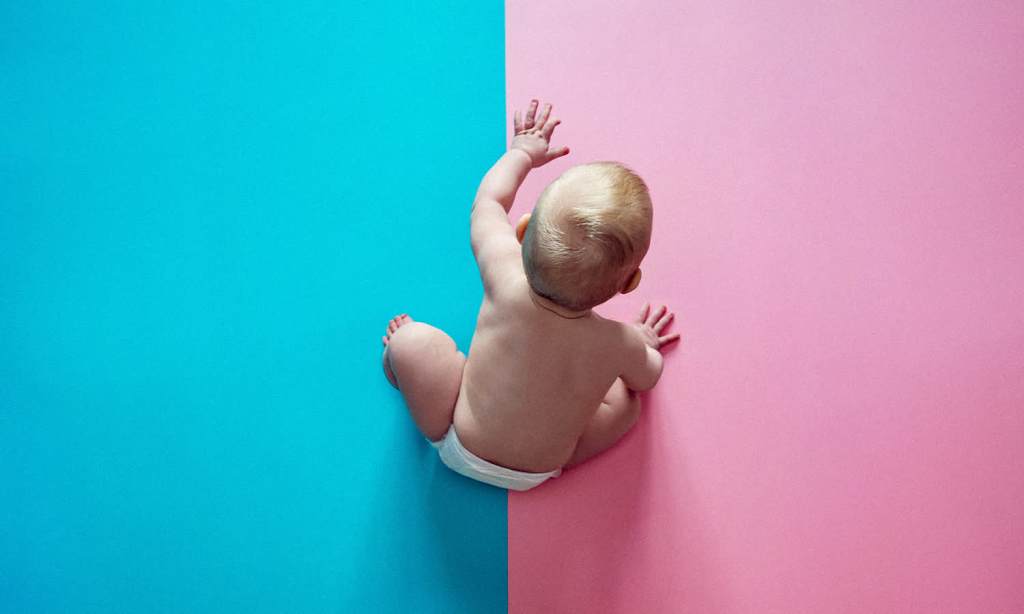A top Italian Court has ruled that newborns will no longer receive their father’s last name by default, and will instead be given both parents’ last names in order of parental preference.
The Italian Constitutional Court made the decision that automatically assigning a child with the name of their father is illegitimate and that both parents should have a say in how their child’s nominal identity is constructed.
The ruling applies to both unmarried and married parents, as well as adopted children. Parents can decide to give the child just one last name, either the father’s or the mother’s, however, this has to be a mutually agreed-upon decision.
In Italy, it’s normal for women to keep their own surname in marriage, but for their children to adopt the surname of their father only.
While the Italian legislature is still figuring out the details of exactly how the new ruling will be implemented in the country, legal experts in the country say that this shift could be instrumental in addressing sexism and the erasure of women.
The Italian minister of family and equal opportunities, Elena Bonetti, said that the government supports the ruling, calling it “another fundamental step in achieving equal rights between the women and men of our country.”
Could a Similar Approach Address Sexism in Australia?
Italy has historically been ranked as one of the least equal countries in Europe when it comes to gender and, sadly, Australia is not a world leader in gender equality either.
Recent research released for International Women’s Day this year found that one in five Australian men thought it was okay to use sexist language and share intimate photos of women online without their consent.
The research, conducted by Ipsos, found that Australian men are some of the most misogynistic on Earth, with much higher percentages holding beliefs that are decidedly sexist compared to the global average.
19% of Australian men, for example, said that women are obliged to have sex with their male partners, even if they don’t feel like it. 19% also said that women often falsely allege or exaggerate claims of rape. 23% thought it was okay to share a woman’s nudes without their consent.
We’ve obviously got a long way to go when it comes to gender equality, which is likely to be made even more difficult based on the same data that found men are also hostile to feminism and believe it undermines their social and financial positions.
While a name shift might not be a silver bullet, it does strike at the heart of structural patriarchy that historically positions men as the head of the family and, even, the legal owners of their female partners.
Breaking down the naming convention is certainly one way that we can attempt to address the imbalance and the perception of women as lesser – and it’s a trend that has somewhat taken off already in Australia in recent years.
Although some 90% of Australian babies take the surname of their father, more couples appear to be opting for alternative naming conventions that don’t follow gender-constructed norms.
According to a family law expert, disagreements over which name, or which combination of names, a child receives are becoming more of an issue in legal cases. Parenting separation, having kids outside of marriage, and domestic violence are all adding to this change, but there are other factors at play too.
Lorelei Vashti has written about her own family’s struggle to find a surname for their child that fittingly benefited both parents and their newborn. While going back and forth over hyphenating or choosing one or the other, they settled on a portmanteau; combining both of their last names into one, new name. According to her, just 3% of Victorians have gone down this route, but it may be becoming more common.
Most parents however appear to still want to name their child using conventional means. Part of this is to do with wanting to present as “normal,” limiting the chances of their child being bullied at school, as well as the fact that this option appears like the path of least resistance in modern society.
Australian law actually does not prescribe that a child takes the last name of their father as their surname, but this is routinely followed as the norm by most families. In fact, if a child is born without their father in the picture, the mother’s last name is given to them by default. This is where Australia differs from Italy in not giving the child the father’s name by legal default, but that doesn’t appear to have stopped people from following this trend anyway.
One reason for doing so, apart from the convention, is that those who do buck the trend are often faced with criticism and even harassment. One Sydney man who took his wife’s surname at marriage received death threats online while other social media threads are frequently populated with aggressive comments about what a woman not taking her husband’s name mean.
Experts believe that personal choice doesn’t play into the decision as much as societal – and, specifically, patriarchal – pressure does. While those who reject these ingrained expectations are rare, the impact of doing so could have long-term consequences for the balance of gender relations in this country. Lord knows we need it.
Read more stories from The Latch and subscribe to our email newsletter.







